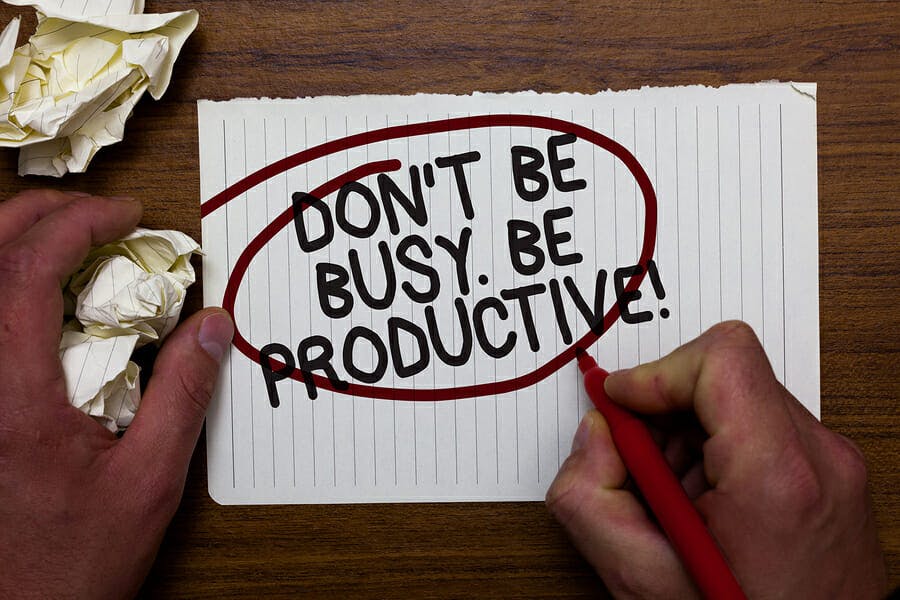We all know the standard definition of productivity: The amount of something produced in a given unit of time. That’s difficult to determine in some jobs. How do you easily determine daily or weekly productivity for the HR analyst? How about for a sales person who makes only two or three enormous sales per year, bringing in millions for the company? Or the idea man who spends most of his time immobile, thinking about ways to save money? Even Henry Ford, one of the 20th century moguls who helped quantify productivity with his assembly lines, valued his idea man — although his productivity wasn’t obvious to others.
Some jobs don’t seem productive at first glance, especial in the short term, because they don’t result in an obvious output or bring in money. Yet without them, their department, if not the company, might lose out on millions of dollars per year in savings and/or earnings (at a fiscal level, they’re the same thing). Sometimes, productivity is subtle; and if you don’t know what constitutes productivity for you, and how to boost it, then it’s difficult to fully engage and improve your productivity. Even if you do know your productivity quota, you can always improve the performance and execution of your work.
Wherever you fall on the scale, these four questions can clarify your position and the way forward:
- Are you doing productive work, or busywork? Some work matters more than other works, because it produces a greater result and profit. For example, one sale of $1,000 is more valuable than 10 sales of $50 each made in the same period. And just because you crossed 15 items off your to-do list doesn’t mean you’ve accomplished as much as if you’d crossed one high-priority item off your list. So, ask yourself: Are you productively working, or just keeping busy? Can you tell the difference?
- How well does what you do serve your end user? For many of us, quality customer service is the highest form of productivity. It may also be the hardest to measure, especially without feedback; but it clearly exists, and the better you can serve a customer — both by increasing their efficiency and simply making them happier — the better your productivity. In modern office jobs, your output (reports, edits, code, data, etc.) often serves as someone’s input; so, the better they are, the better you serve that end user, because you facilitate their productivity. Do good work.
- What are the benchmarks for your job? Even when your productivity isn’t obvious at first glance, surely your manager uses benchmarks that show him or her how well you’re doing. So, ask them how to measure productivity for you. If no one tracks it, you can consult with others who do similar jobs to determine their minimum requirements, then set benchmark goals for yourself to reach and exceed. Make sure to apply the right benchmarks and don’t compare apples to oranges. Benchmarks for a coder won’t be the same as benchmarks for a tester or for an HR professional, so don’t compare your productivity to them. Compare yourself to others who do similar work to yours.
- Are you the right person for the task? This will always be a difficult question to ask yourself, but the answer may be that you’re not. Maybe you can’t handle the stress of your position, or maybe you don’t have the right training, education, or experience. In some cases, all it takes to make you the right person is a little more time in grade, the right classes, or a willingness to work extra hard to ensure productivity in your position. However, you (and your organization) may be better served if you change jobs within the organization to better fit your talents.
Measure up by setting mileposts
It isn’t always easy to grasp your own productivity and what it means to you and your organization. It’s easier to count product coming off an assembly line; however, if you’re an HR manager, technical editor or code-slinger, it may not seem as obvious. That’s why setting benchmarks, and holding yourself to them, become so important. Once you shrug off the confusion between business and busyness, know how well you ought to be doing, and how satisfied your end user/consumer is with what you’re doing, then you can buckle down and work on boosting your productivity to enviable levels.
This was originally published on The Productivity Pro blog.
